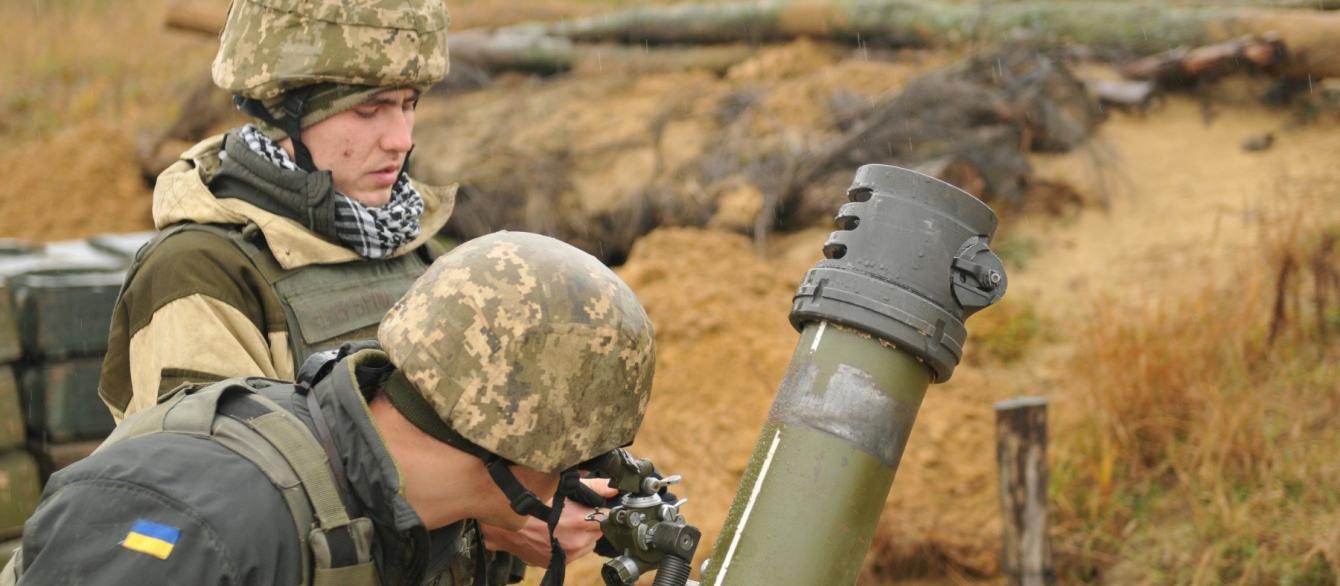Eric Ciaramella, REECA AM '10, is a senior fellow in the Russia and Eurasia Program at the Carnegie Endowment for International Peace. His work focuses on Ukraine and Russia.
Although Ukraine’s long-planned offensive operation is still in its initial phases, it is not too early to begin mapping out what comes next. In the short term, the answer is obvious: The United States and its allies must continue to surge weapons and training to Ukraine to enable Kyiv to liberate as much of its territory as possible this year. But planning for the long term is also needed, and that is far more difficult. As the past 15 months have shown, Russian President Vladimir Putin is not likely to abandon his goal of dominating Ukraine, even in the face of military setbacks. Still, the war will eventually enter a lower-intensity phase, and when it does, security arrangements will need to be firmly in place to protect Ukraine and bind it more closely to Europe.
In the run-up to July’s NATO summit in Vilnius, Ukrainian President Volodymyr Zelensky has been pressing for his country to be admitted to the alliance, although he acknowledges that this is “impossible” until the war ends. Ukraine also faces a long road ahead in its quest to gain membership in the EU, which offers its own security guarantee. A solution in the meantime would be the creation of interlocking multilateral agreements that can sustain a well-trained and well-equipped Ukrainian military. The West can bolster this arrangement, modeled in part after the U.S. defense relationship with Israel, by making clear, codified, long-term commitments to Ukraine to ensure that Kyiv can plan for its future security needs. This approach would give Ukraine security until it becomes a member of the EU and—perhaps one day—NATO, without closing the door to an eventual détente with Russia.
Washington and its allies will need to forge a strong coalition of like-minded countries to support such a framework to make clear that Kyiv has the West’s long-term support. There are encouraging signs that this process has already begun: The Pentagon has been working with Ukraine to plan its future defense forces, and a portion of U.S. assistance has been earmarked for this purpose. The announcement in May that Ukrainian pilots will begin training on F-16 aircraft in anticipation of the eventual delivery of those planes signals the desire of Ukraine’s partners to build the country’s military capabilities beyond what it requires in the here and now. This must continue. But more is needed to create certainty about the West’s staying power and disabuse Putin of the notion that time is on his side. Legally binding commitments from Ukraine’s partners, especially the United States, would go a long way toward shattering Putin’s war optimism and forcing him to reckon with the fact that Ukraine will never belong to Russia.
Read More
The full text of this article is available via Foreign Affairs.
The article is adapted from a more detailed Carnegie Endowment report on potential long-term security arrangements for Ukraine.






